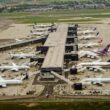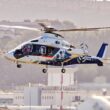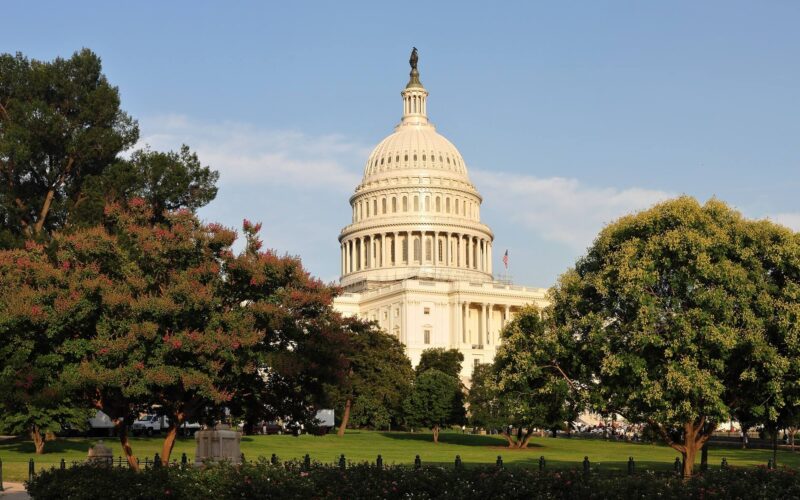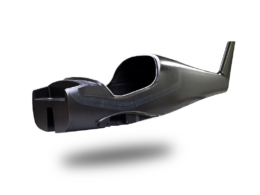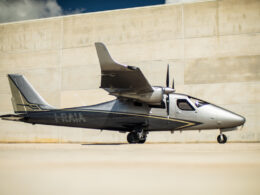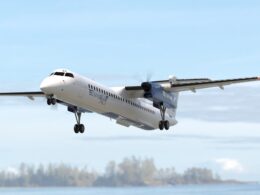The U.S. House Committee on Transportation and Infrastructure presented a new bill that aims to reform aircraft certification standards by the Federal Aviation Administration, following the two Boeing 737 MAX crashes that killed 346 people.
The bill requires U.S.-based aircraft manufacturers to adopt safety management systems “through which employees can report hazards, issues, concerns, occurrences, and incidents.” If the bill was to pass, whistleblower protection would apply to those employees.
It calls for the creation of an expert review panel to evaluate if a manufacturer’s safety culture is “consistent with the principles of the International Civil Aviation Organization Safety Management Manual.” The panel would be composed of experts from the FAA, NASA, and “air carrier employees whose job responsibilities include administration of a safety management system.”
The result of the review would condition the FAA’s decision on the Organization Designation Authorization (ODA), the mechanism used by the regulator to delegate some of the certification work of the 737 MAX to Boeing engineers.
In July 2020, the U.S. Department of Transportation found out that ODA-certified employees had suffered several instances of “undue pressure” from Boeing during the 737 MAX development. The following month, the FAA proposed two separate fines for Boeing, totaling $1.25 million, after the manufacturer‘s managers were found to have interfered with the work of ODA unit members at the North Charleston site, South Carolina, where Boeing produces the 787 Dreamliner.
According to the new legislation, any interference with the work of ODA delegates would be exposed to a civil penalty.
Additionally, the manufacturer would be required to notify the regulator of each proposed design change determined as significant, and provide a safety assessment considering “airplane-level effects of individual errors, malfunctions, or failures and realistic pilot response times to such errors, malfunctions, or failures related to such change.” In 2019, a report of the National Transportation Safety Board suggested that Boeing had underestimated pilots’ response time in case of an emergency.
Overall, the bill institutionalizes recommendations that emerged from the investigations of several safety authorities into both the Boeing 737 MAX crashes and its design and certification process.
“With the comprehensive legislation we are unveiling today, I believe history can also show this was the moment Congress stepped up to meaningfully address the gaps in the regulatory system for certifying aircraft and adopt critical reforms that will improve public safety and ensure accountability at all levels going forward,” commented Committee Chairman Peter DeFazio.
The new legislation received support from both parties, including Republican representative Sam Graves, who had questioned the “partisan” investigative report published by the Democratic majority of the committee earlier in the month. It is also supported by several air transport industry trade unions, including the Air Line Pilots Association (ALPA). The House is due to vote on the proposed reforms on September 30, 2020.



